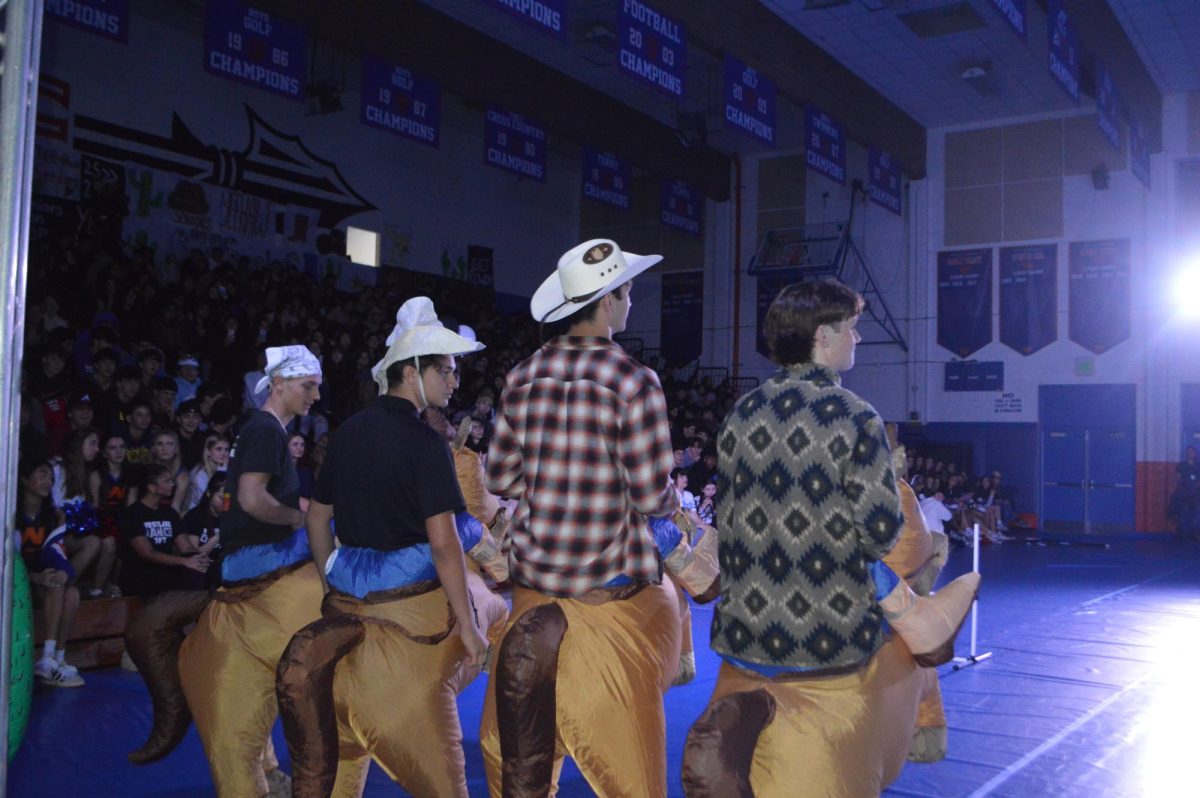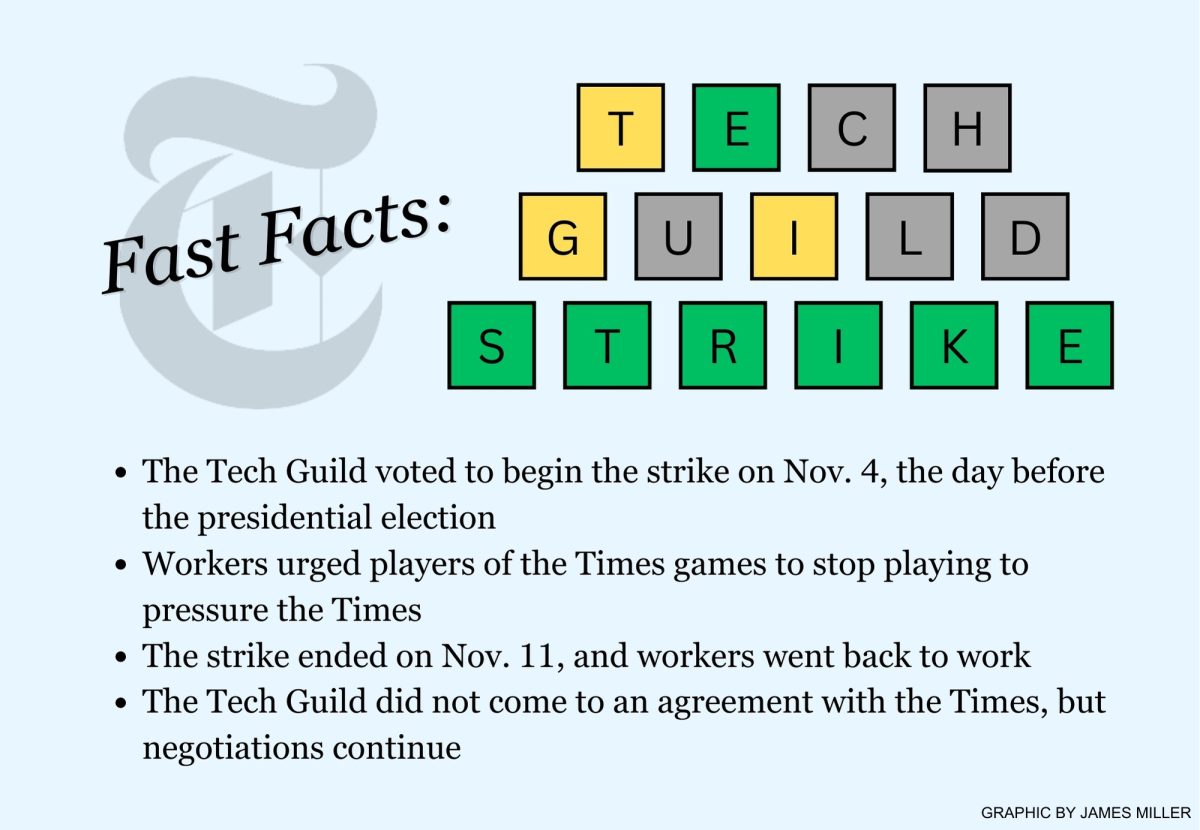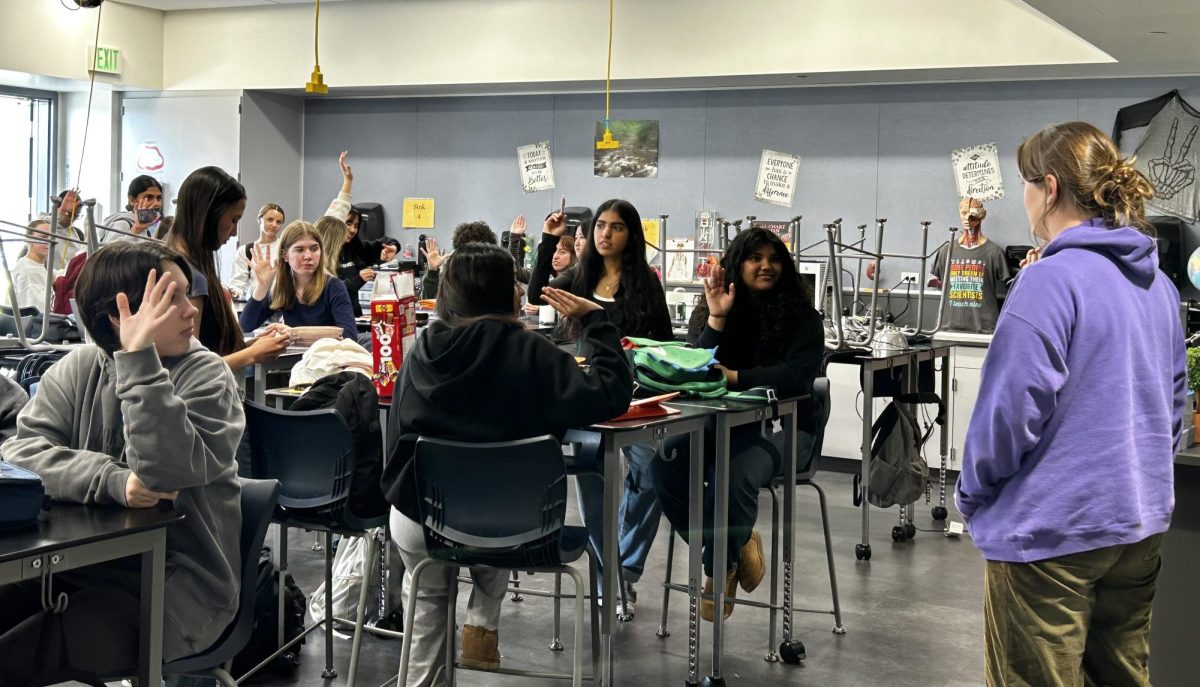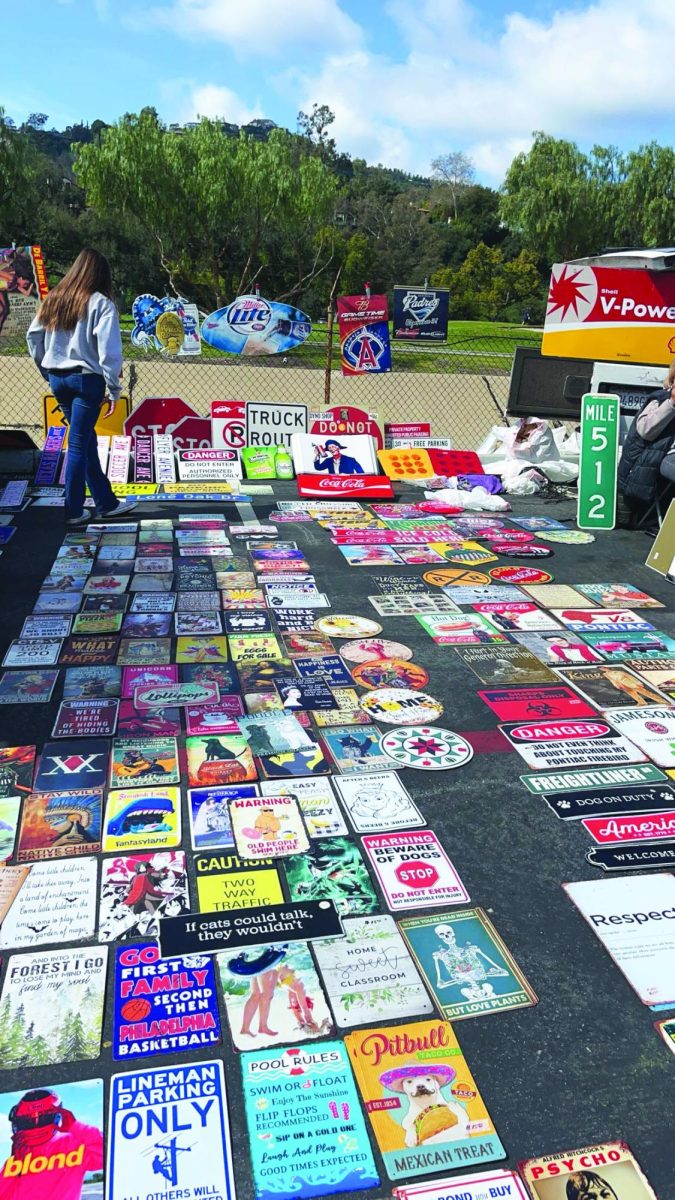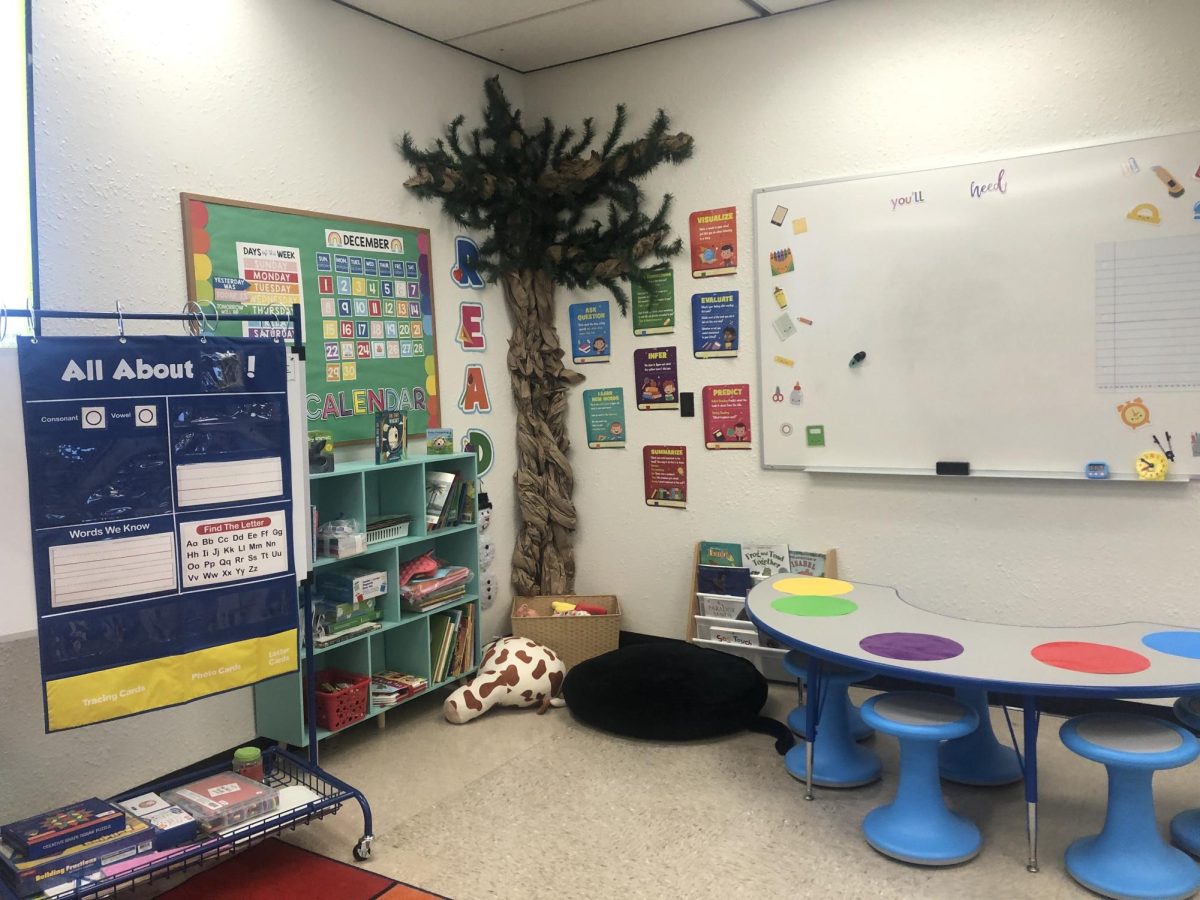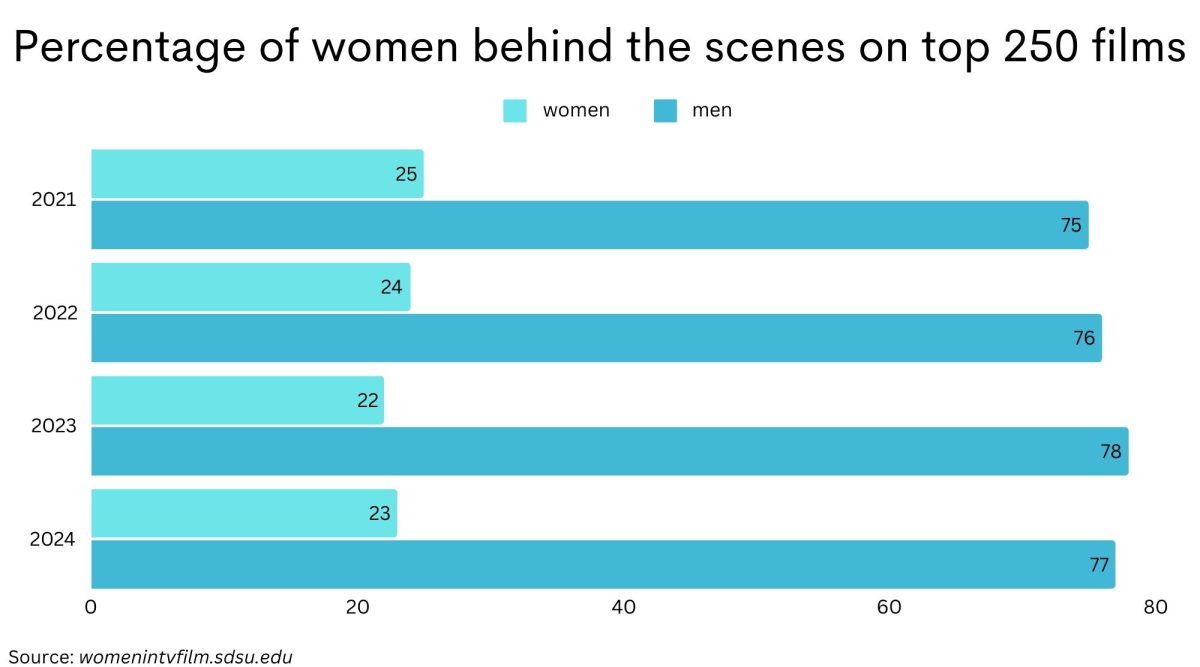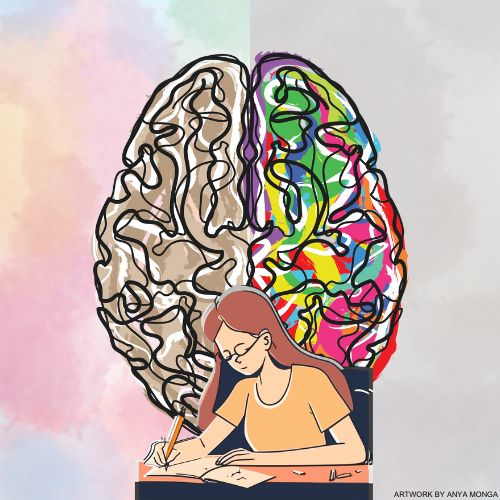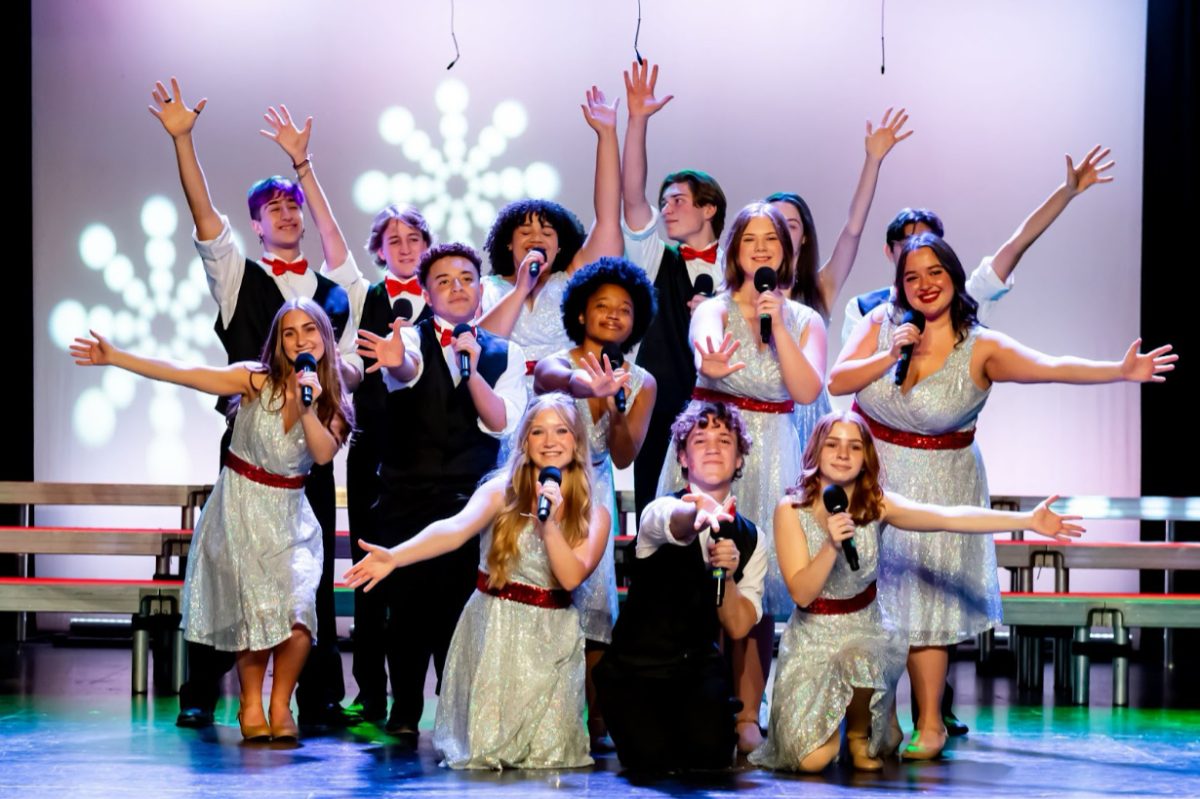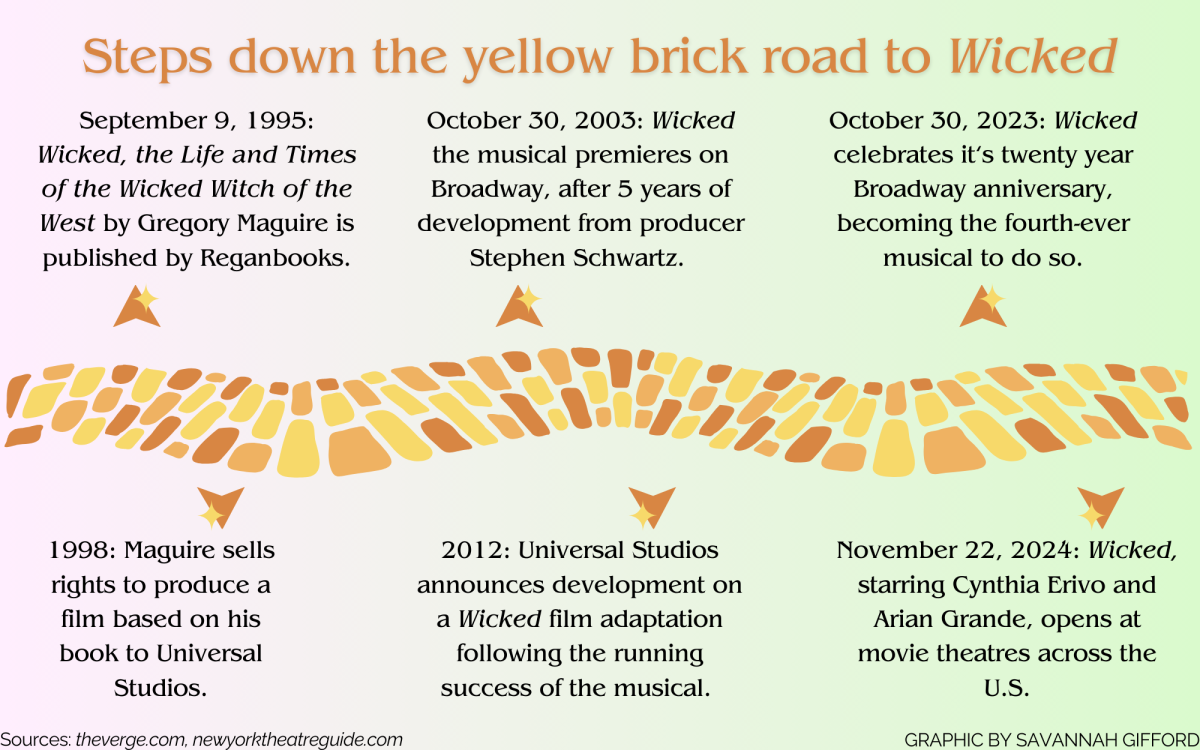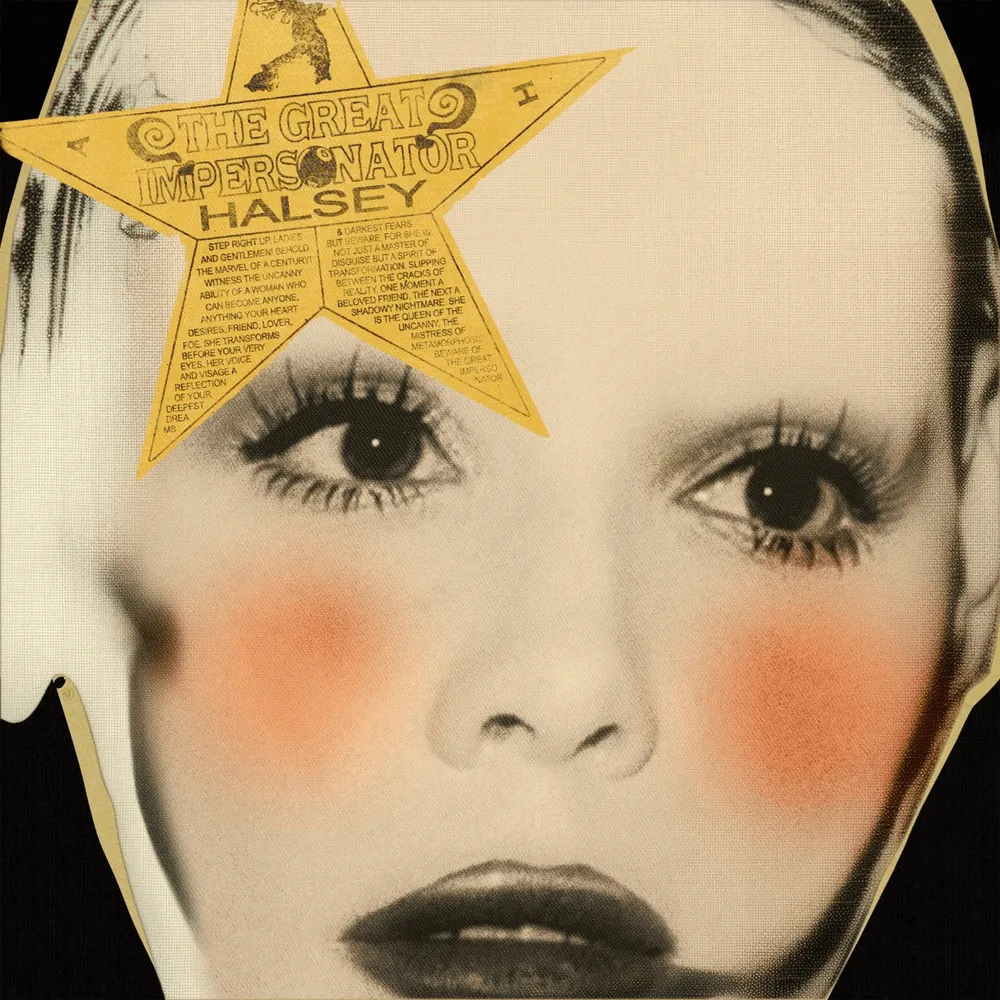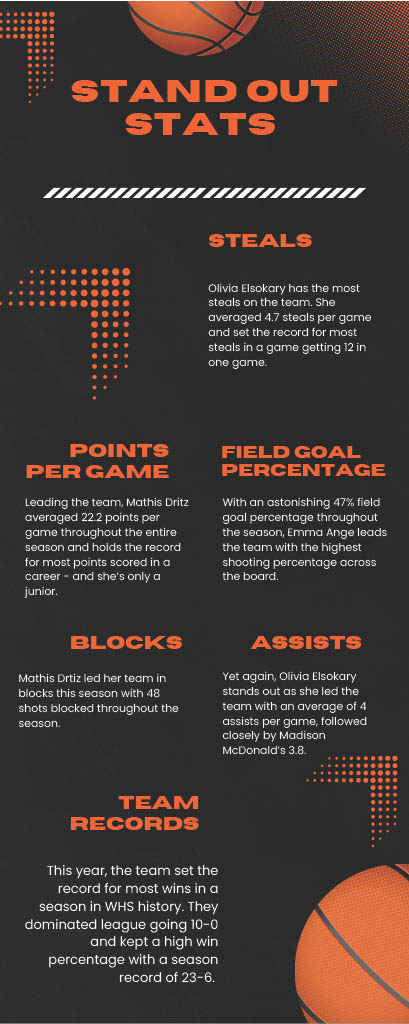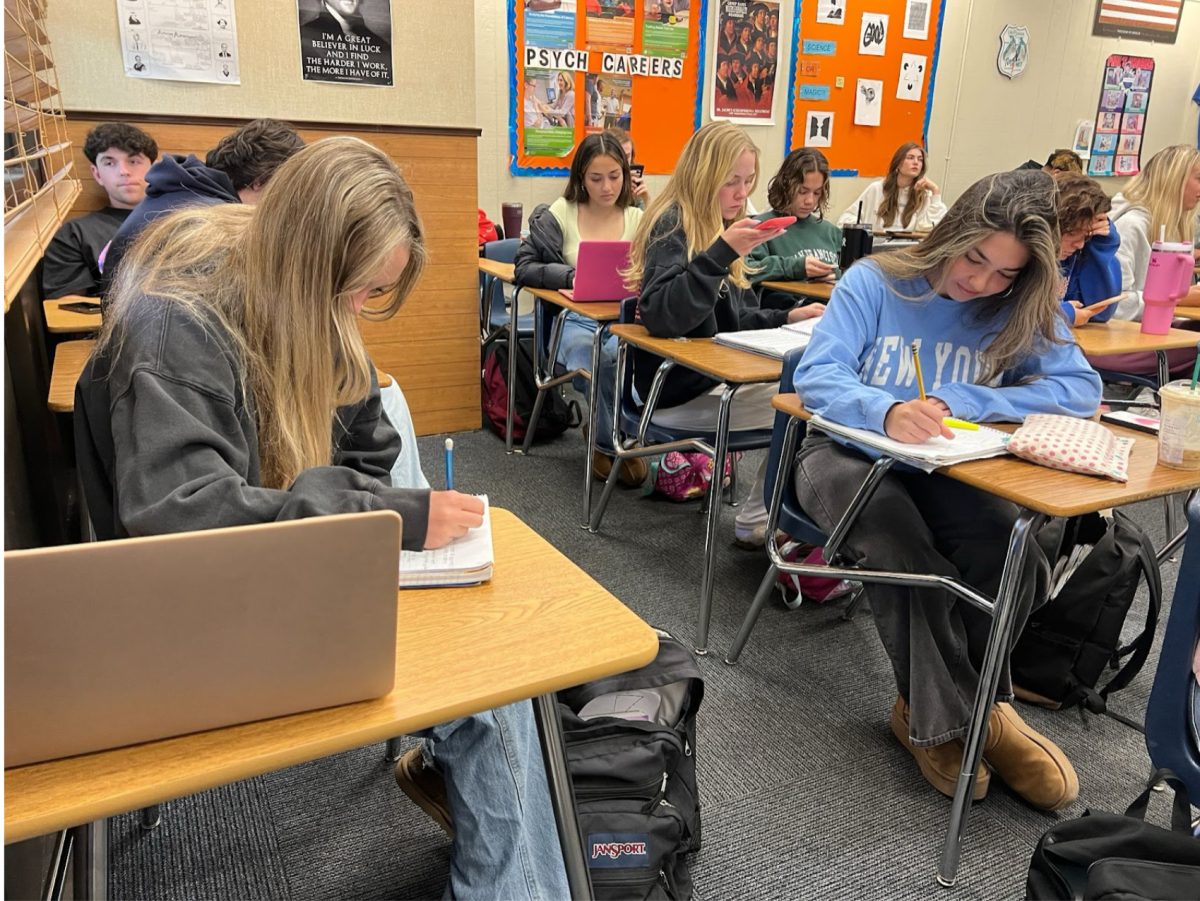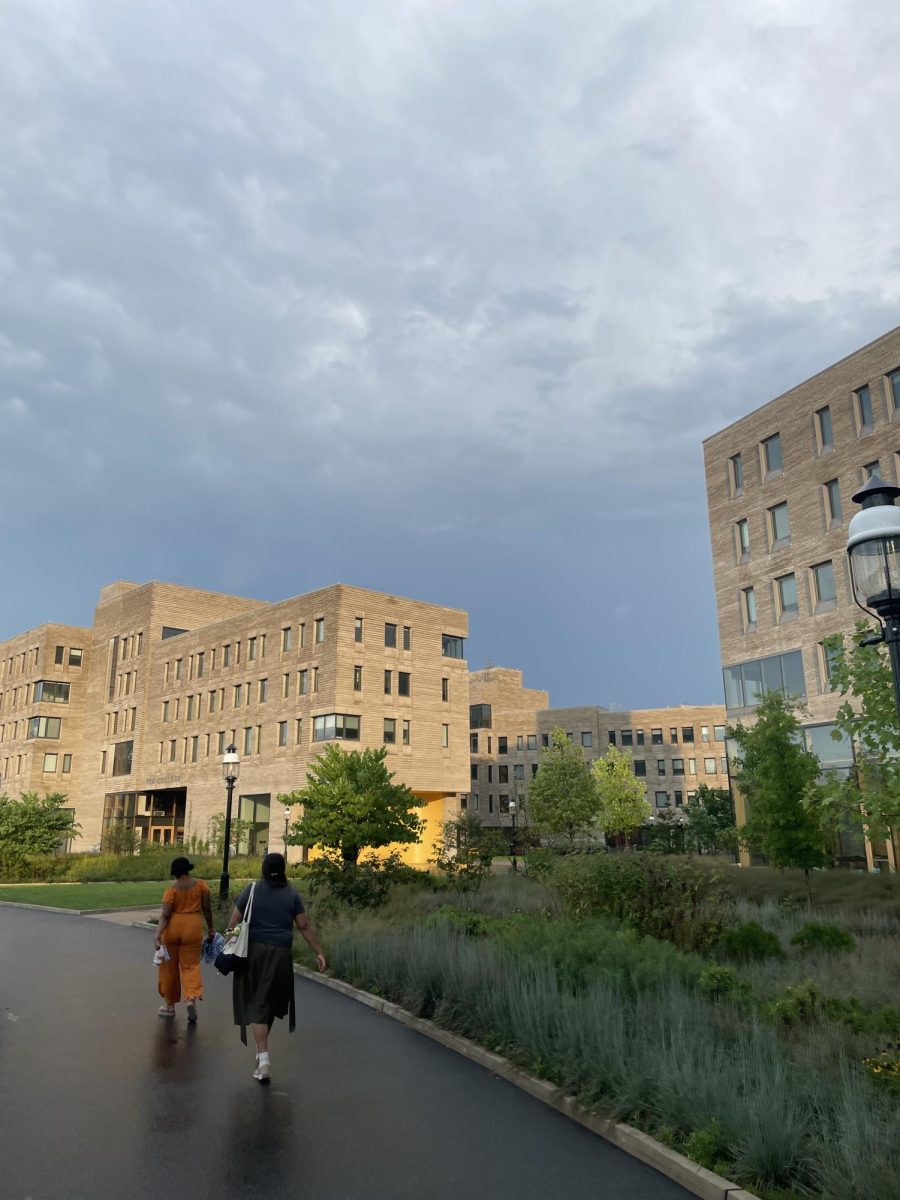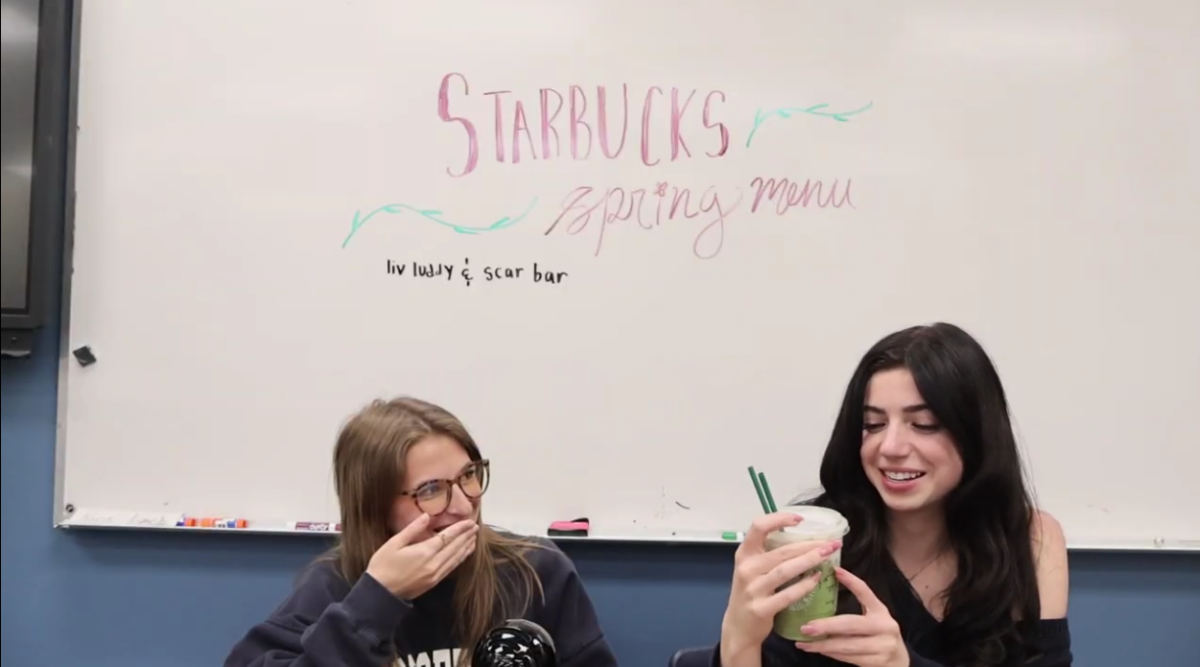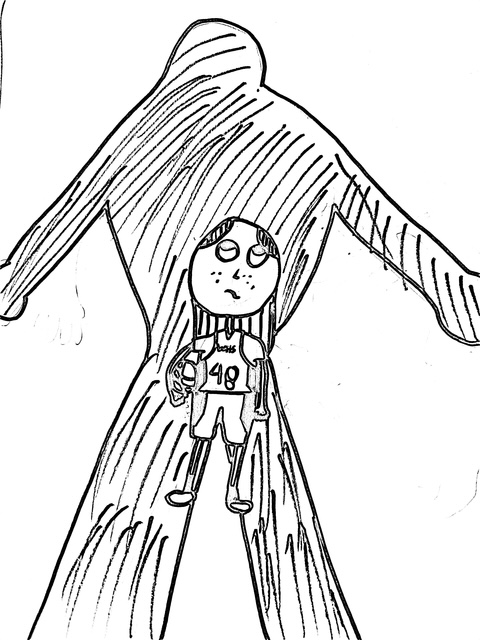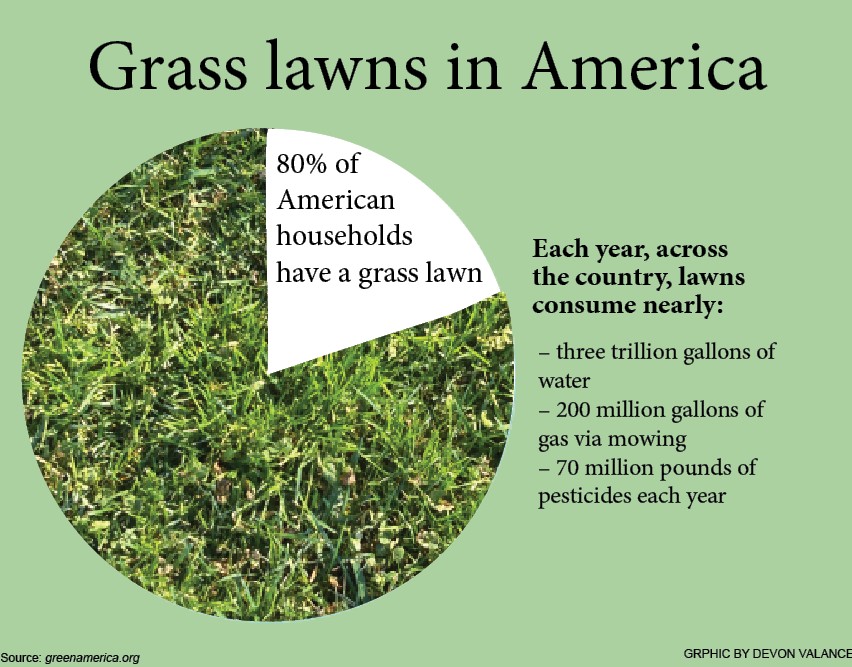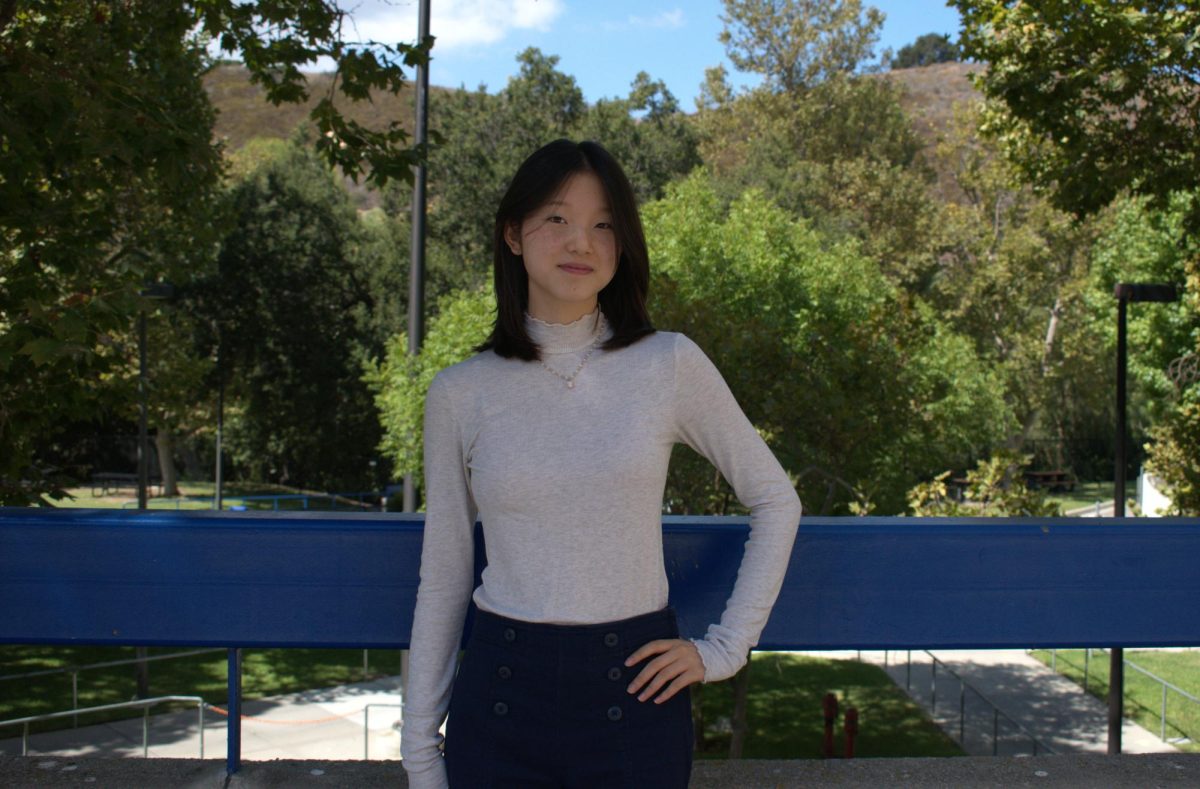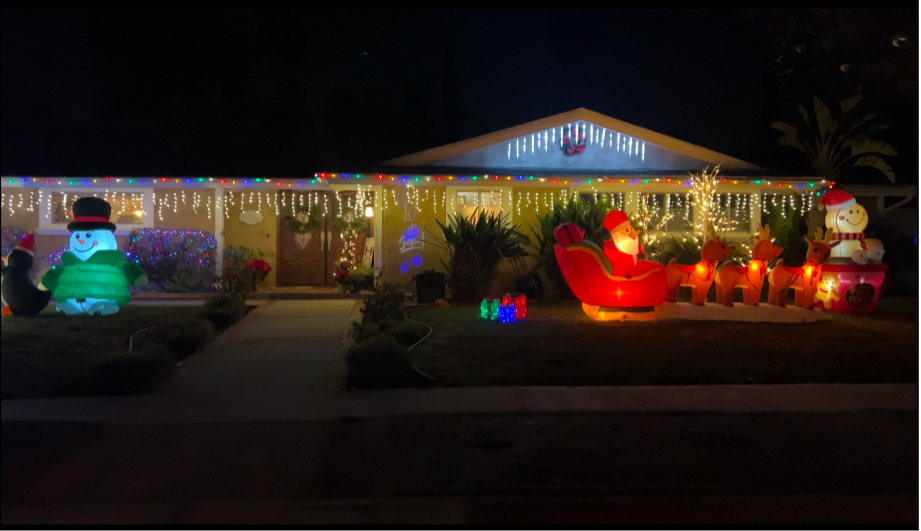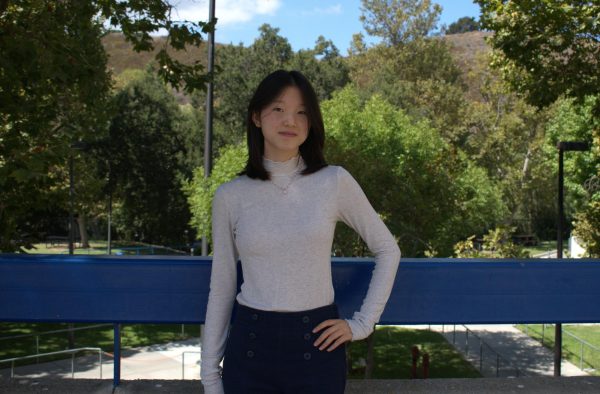When I first heard about LAUSD’s ban on cellphones, I thought it was an article from The Onion, a satirical publication, that had gone viral. It seemed impossible that any school district would strive for a phone–free campus when phones were so omnipresent.
When I realized it was not ironic, I was surprised at the decision. In my eyes, it would be fighting an uphill battle on an escalator going down.
Despite my pessimism, my curiosity was still kindled: I was sincerely curious if I could go a school day without my phone, or perhaps, go even more extreme and abstain for even longer. So when my journalism adviser shared the 24–hour technology detox challenge, my only question was when I could start.
But before I dove in, I had to set the parameters. I wouldn’t use my phone or iPad from when I went to bed on Sep. 5 until I woke up on Sep. 7. However, I decided not to do a full technology detox, opting to keep my Windows laptop and Chromebook for schoolwork, though, I did limit myself to only productive applications. With that, my experiment was ready to kick off.
Throughout the day, I felt more productive, even to the extent that I felt forced to do so because I had little else to fill up my time. I was used to the periodic conversations from a “study” call with friends or frequent Candy Crush breaks, but it wasn’t until then that I tangibly felt how those few minutes built up throughout one evening.
Yet often, the few minutes of usage culminated in something constructive rather than distracting. It felt like every hour, I had another reason to use my phone. When I wanted to scan a 5–Star QR code, take a picture of the sunrise before I left for school or check the weather to pick out an outfit, I had to find some complicated workaround or just not do it at all.
Part of the issues stemmed from my phone replacing other items in my life; for instance, I don’t have a camera because I take photos and videos on my phone. But, if I hadn’t always had a phone, I probably would have had items for those specific uses. The other reason came from the technology reliance baked into everyday functions, including those at school. Being tech–less changed the efficiency of my notetaking to even going to the bathroom.
Despite those experiences, I still considered the detox to be uneventful overall. The challenge was always bubbling in the back of my mind, but it wasn’t in the way that I was counting the seconds until it was over. Rather, the emotion that stands out the most is the thrill and anticipation of trying something new, not some radical realization or life–changing epiphany.
I’ll certainly continue to use my phone for the foreseeable future, for school and social uses alike. In fact, I think I use my phone with a new sense of appreciation and reverence for its tools and knowledge. Simultaneously, I’m also warier; the detox highlighted how often I use a device as a crutch to provide a distraction.
All the same, this isn’t the end of my cellphone saga.
Like any relationship, mine with my devices will fluctuate throughout the rest of my high school career and beyond. All the years I’ve had a phone, an iPad or computer is only the beginning of a much longer journey. This short detox taught me several things, but it is only 24 hours out of years past and years yet to come. Amidst a controversial and charged discussion about technology’s capabilities and crackdowns, with phones in particular in the hotseat following LAUSD’s cellphone ban, it’s difficult to make any claim about my usage that will remain true for the next few years — with the exception of one: any coming changes in habit are possible, probable and maybe even positive.

